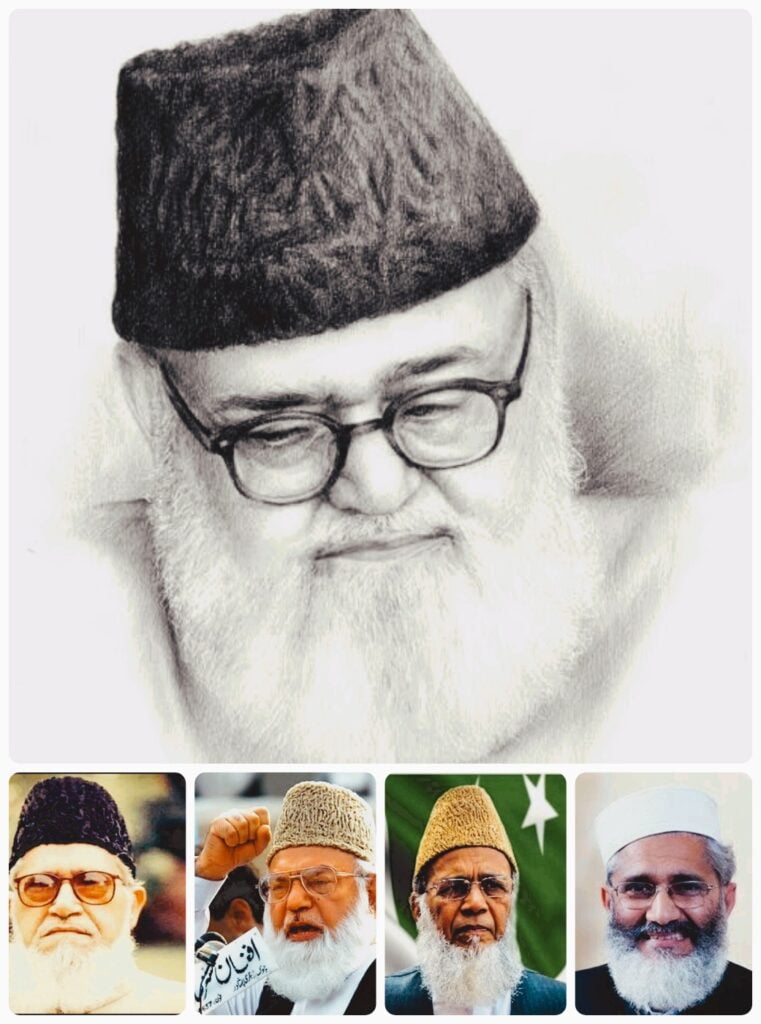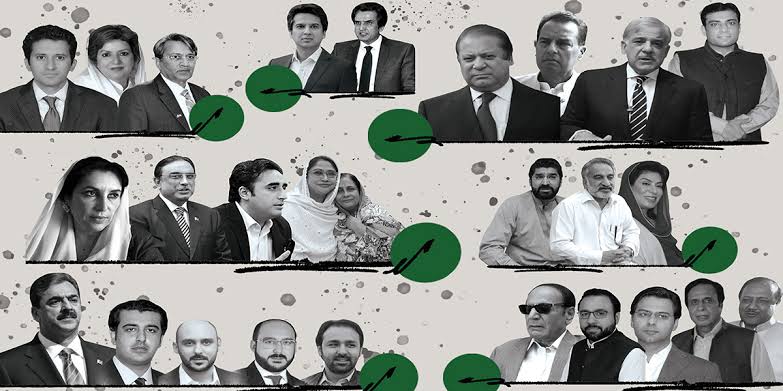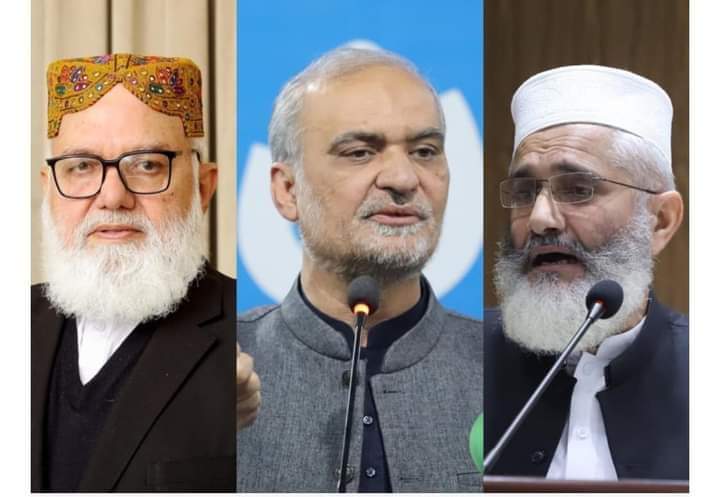Currently, 45,000 members of Jamaat-e-Islami (JI) are actively participating in a confidential ballot to elect their new leader. JI is renowned for its commitment to democratic principles in Pakistan, avoiding any dynastic influences.

In a country where questions always raise on electoral process , where political parties frequently function as tools of personal agendas and familial dynasties, Jamaat e Islami emerges as an exception. Its notable distinction lies in its unwavering tradition of conducting intra-party elections since its inception, setting it apart from its counterparts.

Additionally, it stands alone as the sole political organization where leadership transition is viable. With Siraj ul Haq now serving as its 5th Ameer, succeeding Modoodi, Tufail, Qazi, and Munawar, Jamaat e Islami has earned recognition from PLIDAT as the most democratic party in the nation.
Now in 2024, Jamaat -e- Islami (JI) is set to elect its new central ameer by the end of March, three months ahead of the completion of incumbent Sirajul Haq‘s second five-year term.Nevertheless, Sirajul Haq is eligible for party presidency for third term.
Upon the recommendation of JI’s central shoora, Chief Election Commissioner Rashid Naseem has identified three prominent leaders of Jamaat to guide the party members in their voting decision for the next ameer. The trio includes Sirajul Haq, Hafiz Naeemur Rehman, who is leading JI’s protest against alleged election rigging, and the current Naib Ameer, Liaquat Baloch.
To facilitate the voting process, ballot papers have been distributed nationwide, with the deadline set for March 31st. Party members called Arkan exercise their voting rights through a ballot, ensuring the continuation of the democratic process within the party.
According to JI spokesman Qaisar Sharif, the election process is slated to conclude by March 31st upon the receipt of ballot papers nationwide. Chief Election Commissioner Rashid Naseem will announce the results in April.
Sharif emphasized JI’s commitment to democracy, citing the party’s constitution in alignment with Islamic principles. He stated that elections are held every five years, as mandated by the party’s constitution, with the process for electing a new ameer commencing three months before the incumbent’s term expires.
The election commission also comprises Bilal Qudrat Butt, Sardar Zafar Hussain, Engineer Attaur Rehman, and Engineer Akhlaq Ahmad.

